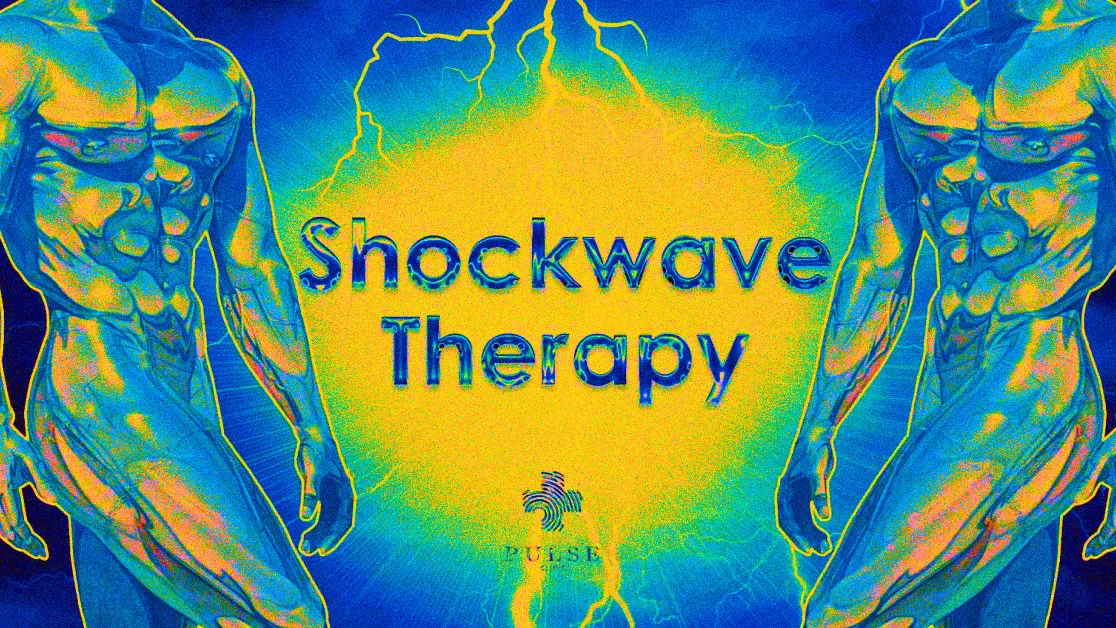
Azoospermia: The primary cause of male infertility among men.
16382
Having a baby is a simple and natural experience for couples. But it can be difficult for some couples to conceive a child. However, if there is an issue of infertility, the person automatically held responsible is the woman. What people fail to understand is that male infertility is a common issue that they ignore to talk about. Men who don’t have sperm in their semen have a condition called azoospermia. Generally, male fertility problems have to do with the quantity or quality of the sperm, though there can also be issues with ejaculation.
Azoospermia Causes
There are two causes of azoospermia: either sperm is being blocked from exiting the testicles (obstructive azoospermia), or sperm is simply not being produced at all (non-obstructive azoospermia).
- Obstructive azoospermia means you make sperm but they are blocked somewhere from the testicle to the ejaculatory duct in the urethra.
- Nonobstructive azoospermia (NOA) means there is not enough sperm production to be seen in the semen. A testicle may produce very small quantities of sperm that need to be surgically extracted to use for IVF or there may be absolutely no production of sperm. NOA doesn’t mean there is no chance a man can produce sperm. There are many reasons, many of these reversible, why a man may have NOA.
Obstructive azoospermia: Causes, Diagnosis, and Treatment
Obstructive azoospermia simply indicates a blockage somewhere in the reproductive tract. Sperm production is normal but the problem lies in the transport of sperm into the ejaculatory duct. Often, men with obstructive azoospermia will have reduced volumes of semen when they ejaculate. If the blockage is closer to the testicle such as after a vasectomy, the ejaculatory volume will be normal.
Common causes of obstructive azoospermia are listed below.
- Vasectomy
- Vasectomy reversal or sperm retrieval may be options to treat obstructive azoospermia after vasectomy.
- Cystic Fibrosis
- Ejaculatory duct obstruction
- Severe infections in the epididymis
- Radical prostatectomy for prostate cancer treatment
In order for surgeons to remove a cancerous prostate, they must cut across the vas deferens in the pelvis. Sperm retrieval is a good option for men to become biological fathers after prostatectomy.
Nonobstructive azoospermia (NOA): Causes, Diagnosis, and Treatment
Some common causes of NOA are listed below.
- Drug-induced NOA.
- Men on chronic narcotics often have impaired testosterone and sperm production that can be reversed.
- Men with a history of testosterone replacement, either prescribed or self-administered will essentially always have poor or no sperm production. This too can often be reversed.
- Genetic abnormalities
- History of radiation and chemotherapy
- Maturation arrest from varicocele
How Do You Know if You Have Azoospermia?
If you’ve been trying without luck to get your partner pregnant, your doctor might check you for this condition. First, you’ll give samples of your semen, and a lab will examine them with a high-powered microscope. If the results show no sperm in your semen on two separate occasions, then you’ve got azoospermia. Your doctor will then try to figure out what’s causing the problem. They’ll give you a complete physical exam, ask you about your medical history, and test your blood to measure your hormone levels. If your hormone levels are normal, your doctor may order a scrotal or transrectal ultrasound to look for an obstruction. An MRI may confirm the diagnosis. Sometimes, surgery is the only way to find the obstruction.
What are the treatments of Azoospermia?
Microsurgery- Azoospermia can be obstructive or non-obstructive. In the case of obstructive conditions that prevent the flow of sperm, microsurgery can be performed to restore fertility. The more recent the blockage has formed, the more chances there are for a full recovery.
Sperm retrieval- In cases where the nature of the condition is non-obstructive, or in cases where the patient opts out of surgery, sperm retrieval can be performed. This can later be used in IVF to reproduce successfully with the help of assistive reproductive procedures such as ICSI.
Non-obtrusive conditions can be fully treated to allow unassisted conception as well in certain cases. This is achieved through accurate diagnosis, lifestyle change, and proper treatment. If you have undergone severe medical treatments such as chemotherapy, you may simply need to give the reproductive system some time to recover from the impact. Production of healthy sperm requires a minimum of 70 days and hence this gap should be considered.
Hormone treatment - It is one of the ways azoospermia can be treated. Some men affected by azoospermia tend to produce more sperm content in the semen after the increased levels of hormones such as FSH & HCG.
Varicocelectomy- In cases where men tend to have an enlarged varicocele, which can lead to azoospermia or other forms of infertility by impeding sperm production, a microscopic Varicocelectomy can reverse this process and restore healthy sperm production in some cases.
Vasectomy reversal-Surgical procedures in the past such as vasectomy can also result in azoospermia. In situations where the patient wants to plan a pregnancy, vasectomy reversal can be performed to restore sperm flow into the semen.
Written by: Dude Arnel Flores Lopez, BSN, RN 23 June 2021
Where can I get tested with STI's?
![]() Thailand
Thailand
PULSE Clinic Silom Bangkok info.silom@pulse-clinic.com ![]()
PULSE Clinic Nana Bangkok info.nana@pulse-clinic.com ![]()
PULSE Clinic Patong Beach, Phuket info.phuket@pulse-clinic.com ![]()
PULSE Clinic Sukhumvit 37, Bangkok ![]()
PULSE Clinic Airport Link Phayathai, Bangkok (Open April 2021)
EU Clinic – Executive Health Asoke, Bangkok (Coming soon)
EU Clinic – Executive Health Ploenchit, Bangkok (Coming soon)
![]() Malaysia
Malaysia
PULSE Clinic Bukit Bintang, Kuala Lumpur info.kl@pulse-clinic.com ![]() +601165388678
+601165388678
PULSE Clinic Bangsar, Kuala Lumpur info.kl@pulse-clinic.com![]() +601165388678
+601165388678
Hong Kong
PULSE Clinic Central, Hong Kong info.hk@pulse-clinic.com ![]()
![]() Singapore
Singapore
Actions For AIDS Anonymous Test Site, Singapore
Tanjong Pagar Medical Clinic, Blk 1 Tanjong Pagar Plaza
Other Countries Without PULSE CLINICS and EU Clinic, contact #BuyPrEPonline
Trust PULSE CLINIC to take care of your health like other 45000 people from over 130 countries. We provide discreet professional service with high privacy. Here to help, not to judge.







